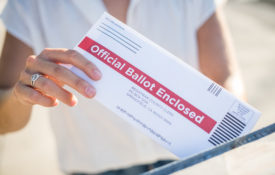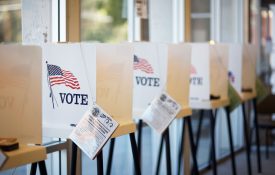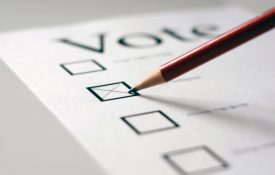
Making Votes Count: It’s as Much About Psychology (and Ballot Design) as Security
Poorly designed ballots can prevent voters from understanding, seeing, using, and processing information correctly, which can lead to voting failures that alter the outcome of elections. Applied psychologists and human factors engineers can make a real difference in ensuring that ballots accurately capture voter intent.












